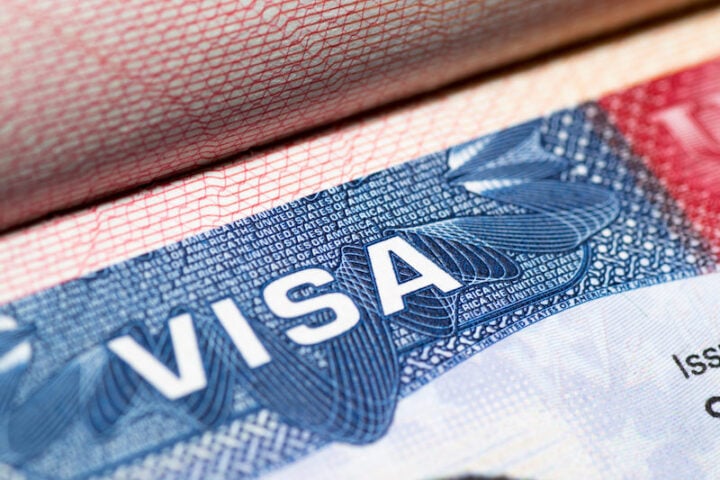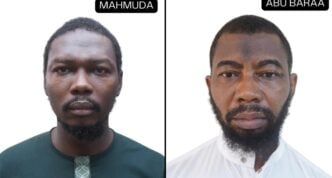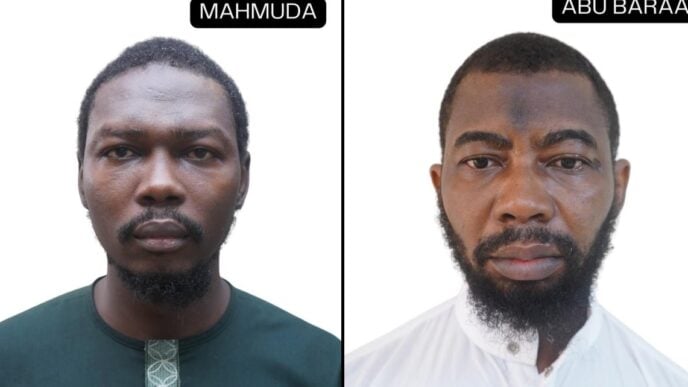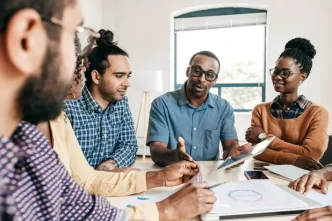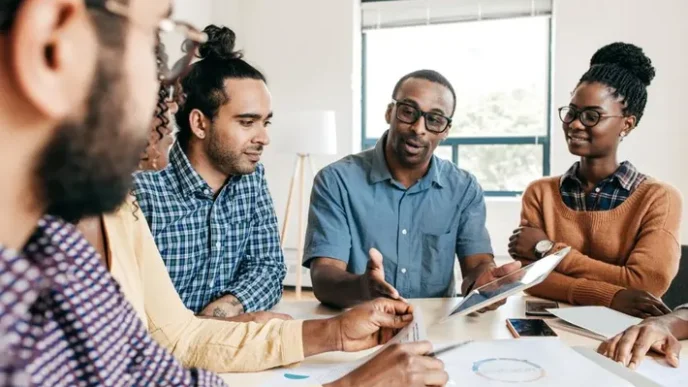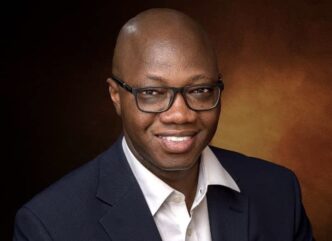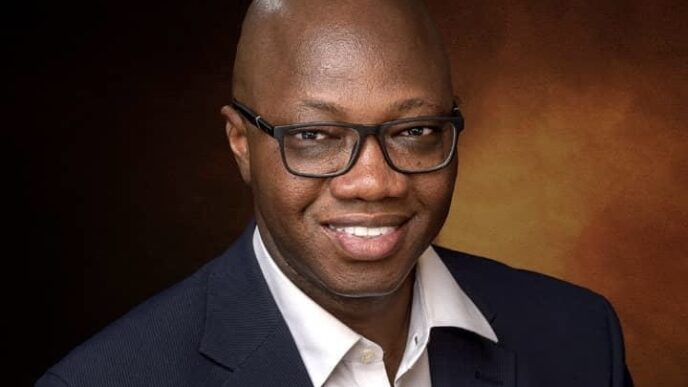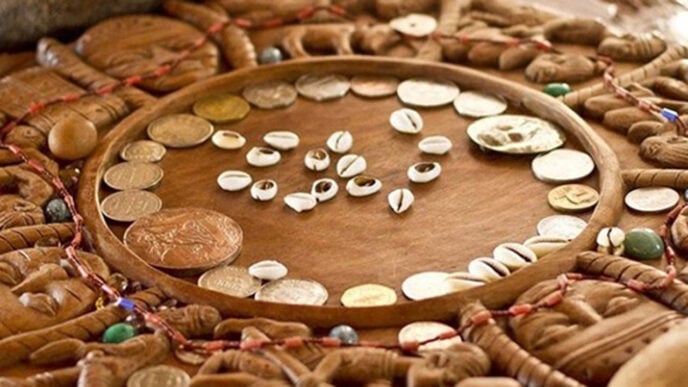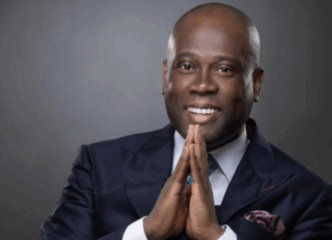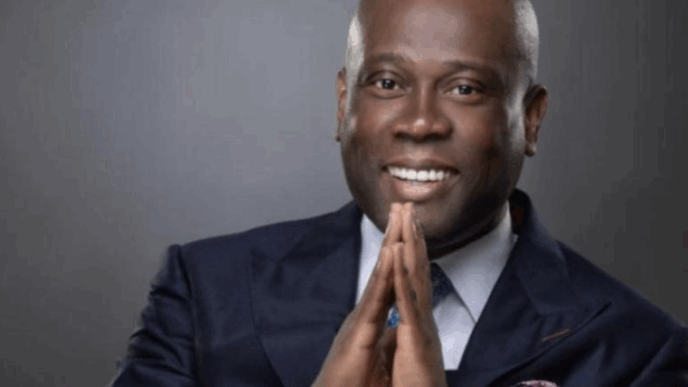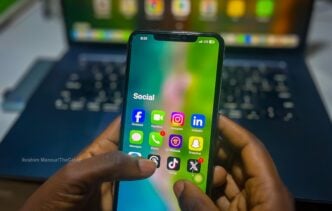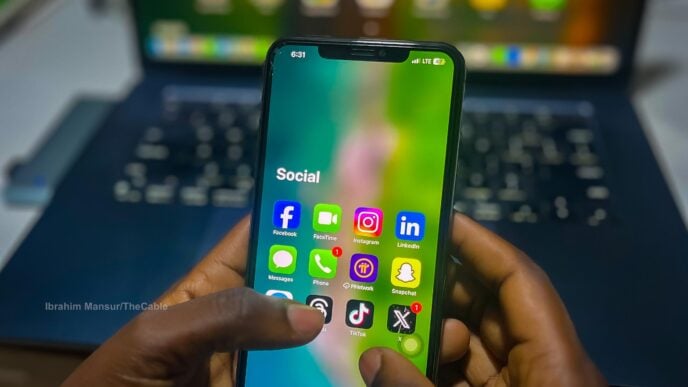BY LEKAN OLAYIWOLA
Mobility is one of the quiet dignities of modern life. To move across borders in search of education, opportunity, or healing is not merely a privilege but an expression of human possibility.
Yet today, Nigerians approaching U.S. consulates face the demand to surrender years of digital memory. What was once personal correspondence, family laughter, political doubts, and even moments of private grief becomes searchable data.
In that moment, a visa interview ceases to be a test of intention; it becomes a test of innocence, where dignity is traded for suspicion and identity is flattened into algorithms.
Advertisement
What is framed in Washington as a matter of security is experienced in Abuja as a narrowing of possibility; a gatekeeping of opportunity wrapped in the language of safety.
Nigeria is Not Alone
Far from scapegoating Nigeria, the U.S. has gradually rolled out expanded social media vetting requirements across the globe since 2019. Applicants for most U.S. visa categories, from tourist to student to immigrant, have been asked to disclose their handles and activities on platforms such as Facebook, Twitter, Instagram, and LinkedIn.
Advertisement
Countries in South Asia, the Middle East, and North Africa have long borne the brunt of these checks, with visa seekers reporting extensive delays, denials without explanation, and an atmosphere of suspicion that stigmatises entire populations as potential threats.
Why Nigerians May Be More Vulnerable
Nigeria has one of the largest populations of social media users in Africa, with Facebook alone hosting over 40 million accounts. Unlike societies where online use is limited, Nigerians live much of their civic and professional life online.
From activists organising to small businesses marketing fashion on Instagram, social media is the bloodstream of modern Nigerian life.
Advertisement
To subject five years of this digital life to foreign scrutiny is not a neutral exercise. It risks criminalising dissent, chilling expression, and exposing Nigerians to arbitrary interpretation of jokes, slang, or political critique.
An activist’s satirical post against corruption, a doctor’s tweet on government failings, a student’s Facebook rant about hardship could become grounds for suspicion in a consular officer’s eyes. In effect, ordinary Nigerians will be judged by their digital shadows.
Security or Suspicion?
The U.S. defends this practice as essential to preventing terrorism and protecting national security. Certainly, governments have a duty to keep their borders safe. Yet evidence on the effectiveness of social media vetting remains weak.
Advertisement
The Brennan Centre for Justice and the Centre for Democracy & Technology have noted that there is little proof that scanning visa applicants’ Facebook accounts prevents violent extremism. Instead, the policy risks drowning consular staff in irrelevant information while reinforcing stereotypes that entire countries are breeding grounds of insecurity.
For Nigeria, the irony is sharp. Citizens fleeing insecurity at home may now find their mobility abroad curtailed by the very crises they are escaping. Worse, the blanket suspicion undermines Nigeria’s reputation as a partner in global security and business. It paints its youth, entrepreneurs, and professionals as guilty until proven innocent, with Facebook timelines as the courtroom.
Advertisement
Academic and Business Fallout
Nigerian academics already face hurdles in securing U.S. visas, with stories of missed conferences, delayed fellowships, and revoked admissions.
Advertisement
For young founders, the prospect of having every Facebook post scrutinised by a visa officer is more than an inconvenience; it is a reputational risk that could cost on U.S. partnerships, venture capital, and accelerator programs. Investors wary of uncertain mobility may simply redirect resources elsewhere, weakening Nigeria’s global competitiveness.
Nigerians make up one of the largest groups of foreign patients in U.S. hospitals, especially in oncology and paediatric care. Social media vetting could result in loss of lives from bureaucratic suspicion.
Advertisement
Human Rights versus National Pride
At its core, the requirement raises questions of dignity. Should a Nigerian professional, who has never committed a crime, have to surrender five years of private conversations, political views, or even personal grief shared online to secure entry into another country?
The policy risks exporting America’s anxieties to Nigeria while diminishing Nigerians’ right to self-expression.
For a nation that prides itself on resilience and creativity, this could feel like an assault on national pride. It sends a message that Nigeria’s millions are too suspect to be trusted, their Facebook timelines weaponised against them.
It risks reinforcing a narrative of exclusion at precisely the time when Nigeria seeks to expand its global voice.
What Nigeria Must Do
Nigeria cannot simply accept these measures in silence. Diplomatically, it must engage the U.S. to argue for fairer, more evidence-based security practices that target genuine threats rather than entire populations.
Regionally, it should work with the African Union and ECOWAS to craft a collective position on intrusive digital vetting, ensuring that Africans are not reduced to perpetual suspects.
The fact that insecurity makes Nigerians vulnerable to such scrutiny cannot be ignored. A state that fails to protect its citizens at home invites foreign states to police them abroad. Strengthening security institutions, investing in civic trust, and affirming freedom of expression are not just domestic imperatives—they are passports to dignity abroad.
The visa debate is about the ethics of mobility in a world where borders are becoming firewalls and where social media footprints have become political liabilities. For Nigerians, it is a reminder that the struggle for dignity is now waged not only in parliaments and courts, but in the algorithms and archives of platforms like Facebook.
An ethic of mobility would recognise that people seek education, business, and healing not as threats but as contributors to global progress. It repositions Nigeria not as a suspect nation but as a partner whose citizens deserve fairness and respect.
The Price of Silence
The question before Nigeria is not simply how to ease travel but how to defend the dignity of movement itself. To remain silent is to let foreign vetting quietly redraw the boundaries of our freedoms.
To act with reforms at home and diplomacy abroad is to remind the world that Nigerians are not data points to be harvested, but citizens whose mobility carries the same weight of humanity as any other.
The struggle for fairer visas is a struggle for recognition that privacy is a right, that opportunity should not require self-erasure, and that dignity does not stop at the embassy gate.
Lekan Olayiwola is a public-facing peace & conflict researcher/policy analyst focused on leadership, ethics, governance, and political legitimacy in fragile states.
Views expressed by contributors are strictly personal and not of TheCable.
